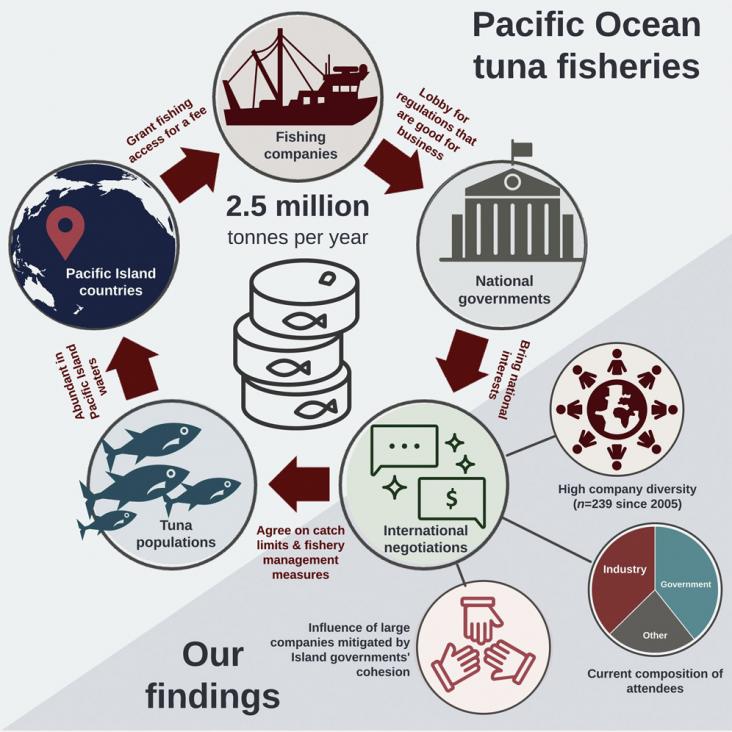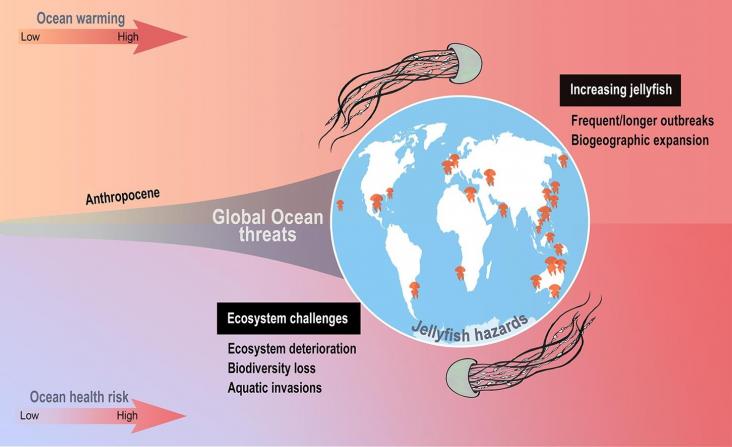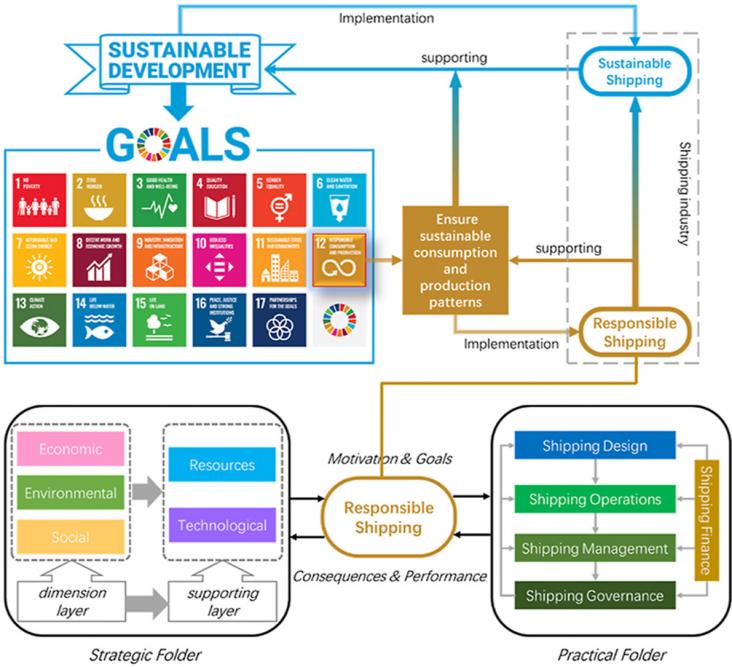We observe the link between Artificial Intelligence (AI) and Sustainable Development Goals (SDGs). We use automated methodologies to find insights and overlaps between AI and the SDGs. AI-Ethics frameworks need to give more attention to Society and Environment areas. Inclusive action is needed to balance the efforts for solving SDGs by using AI.SDGs 13, 14, and 15 (all related to the Environment area) are not sufficiently addressed.
This paper provides first assessment of nutrient contents in whale faeces prior to their dissolution in seawater, which has overcome the challenges associated with getting reliable estimations of elemental nutrients from whale faeces. By combining measured faecal nutrient concentrations with the best available prey-consumption and prey-assimilation estimates, we calculated the expected contribution of minke whale faeces to nutrient pools in surface waters during summer.

This article focuses on a key industry in ocean governance - tuna fishery - to examine how companies and governments relationship in international fishery negotiations can influence the governance of tuna fishery industry.

This is an Opinion article by two highly accomplished synthetic biologists that explains how synthetic biology tools can benefit oceans.

As growing coastal societies and projected high population densities predict a larger demand for marine ecosystem services in the future, jellyfish may affect the fulfillment of such needs, thus becoming prominent players in provisioning, cultural, and supporting services. Hence, our results advocate for their inclusion in multidisciplinary research beyond regional scales and call for investing in this group through systematic surveys.

Offers practical insights to guide shipping industry managers to introduce environmentally responsible and sustainable practices.
Advocates and justifies a specific maritime policy that would protect marine biodiversity in the Mediterranean.
The editorial calls for action to reduce noise pollution that has detrimental impact on humans, terrestrial and marine life
Elsevier,
Comparative Biochemistry and Physiology -Part A : Molecular and Integrative Physiology, Volume 274, December 2022
This article advances SDG # 15 and SDG # 14 by highlighting the value of the use of haematology in identifying changing patterns of health among seabirds which may serve as an early indicator of breeding failure, overwintering mortality, and population declines.
This paper highlights the alarming rate of which levels of chemicals are being found in seawater.
